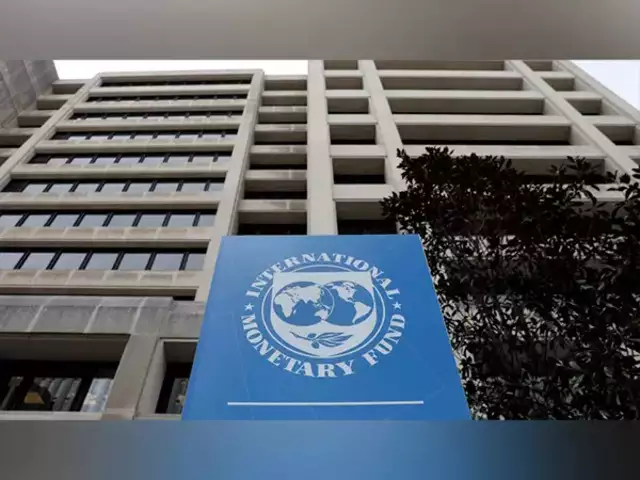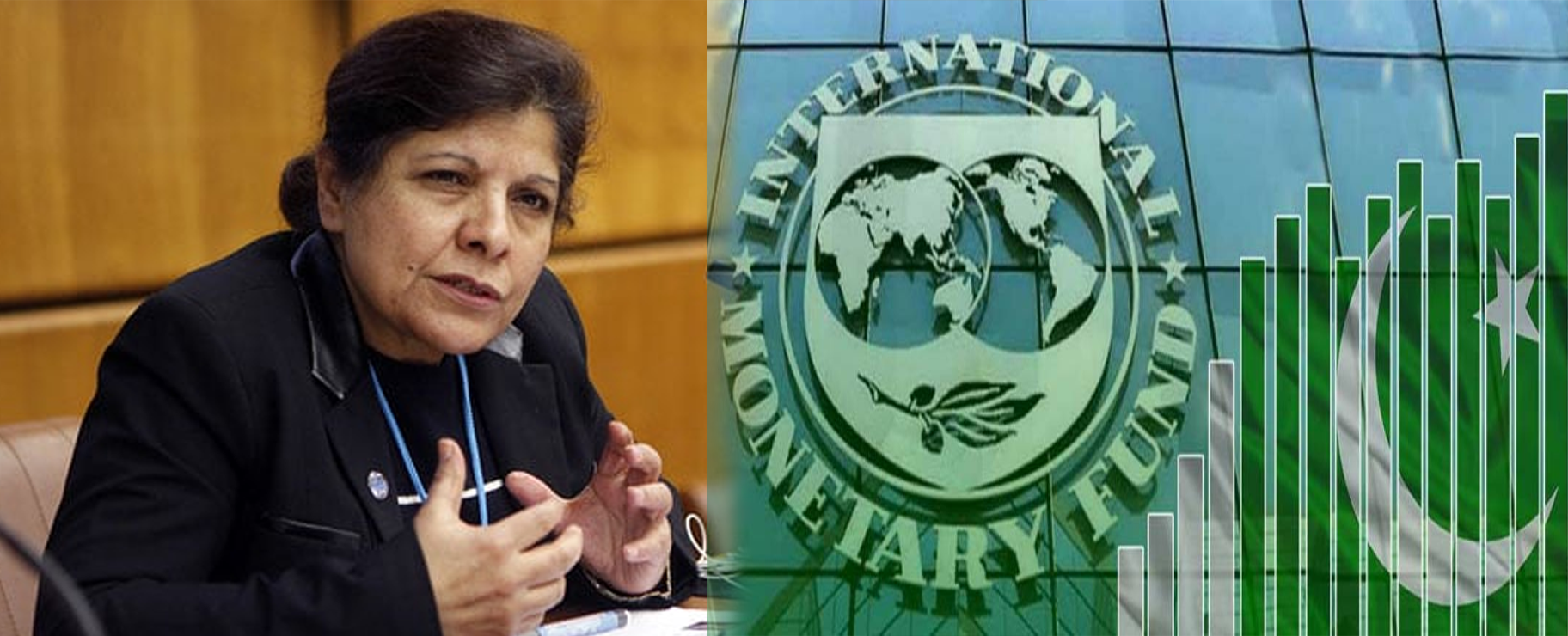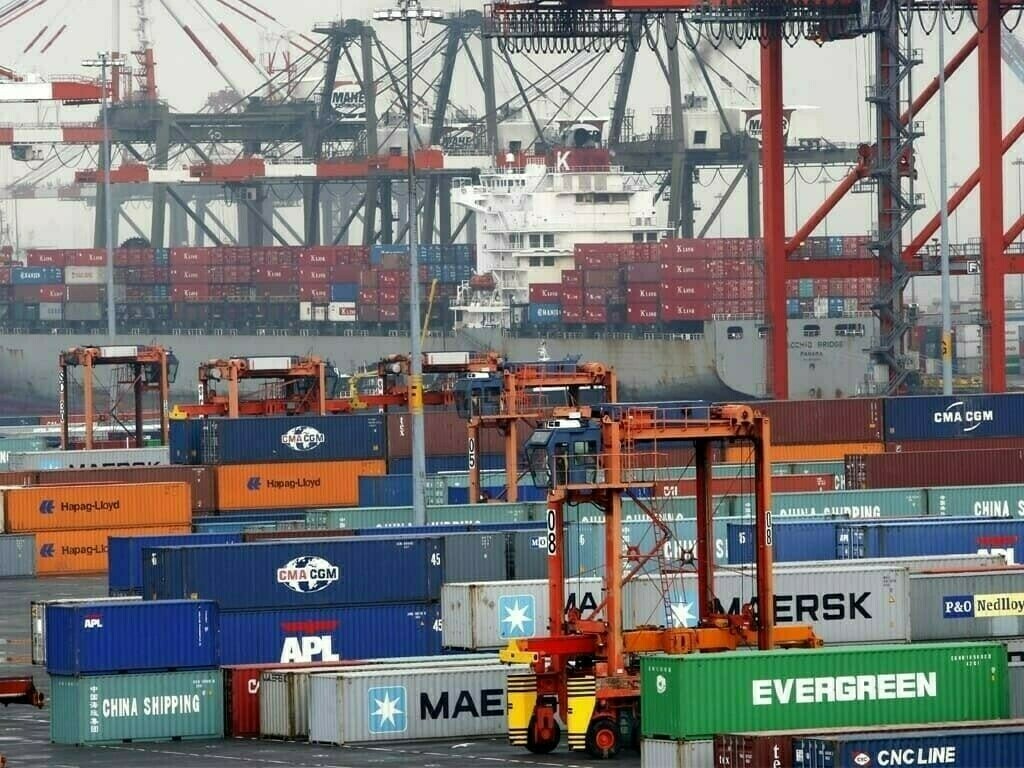International Monetary Fund (IMF) announced on Wednesday that it had reached a staff-level agreement with Pakistan regarding the first review of a short-term loan deal. This agreement is expected to unlock approximately $700 million next month, constituting the second tranche of a nine-month bailout package approved in July, bringing the total disbursements to almost $1.9 billion.
The IMF stressed the importance of restoring a market-determined exchange rate and highlighted potential risks arising from geopolitical tensions, commodity price increases, and challenging global financial conditions. It advised the authorities to continue efforts to build resilience against external risks.

The quarterly review with the IMF, spanning from Nov 2 to 15 in Islamabad, culminated in the immediate announcement of the staff-level agreement, marking a relatively smooth process. The talks addressed quantitative targets, resulting in compliance with most of them.
IMF Managing Director Kristalina Georgieva hinted at the successful completion of talks in an interview later confirmed by a statement from the Prime Minister’s Office (PMO) after a farewell meeting with the visiting IMF mission chief, Nathan Porter.
The agreement supports Pakistan’s commitment to fiscal consolidation, energy sector reforms, a market-determined exchange rate, and governance reforms. It acknowledges a nascent economic recovery, supported by international partners and improved confidence, with fiscal and external pressures lessened.
While inflation is expected to decline in the coming months, the IMF emphasized Pakistan’s susceptibility to significant external risks. These risks include geopolitical tensions, rising commodity prices, and global financial tightening.
Key priorities under the current bailout package include strengthening macroeconomic sustainability, achieving balanced growth, and continued fiscal consolidation to reduce public debt while protecting development needs. The IMF appreciated Pakistan’s determination to achieve a primary surplus of at least 0.4% of GDP during the fiscal year.
The agreement also focused on expanding the tax base, raising revenue mobilization, improving the quality of public investment and spending, and strengthening the social safety net to protect the vulnerable. The government’s commitment to timely disbursements for social protection under the Benazir Income Support Programme (BISP) was highlighted.
Reforms in the energy sector were discussed, addressing circular debt and introducing measures to restore its viability. Tariff adjustments and increased gas prices were deemed necessary to avoid further arrears and ensure the provision of critical energy supplies.
The IMF underscored the importance of a market-determined exchange rate and rebuilding foreign exchange reserves. The government’s commitment to transparency and efficiency in the foreign exchange market was emphasized.
Additionally, the government and the IMF agreed on implementing a triage plan for state-owned enterprises, including privatization. High governance and transparency standards were emphasized for the management of assets under the newly created sovereign wealth fund and the operations of the Special Investment Facilitation Council (SIFC). The government also committed to ensuring public access to asset declarations from cabinet members and conducting a comprehensive review of the anti-corruption framework.




